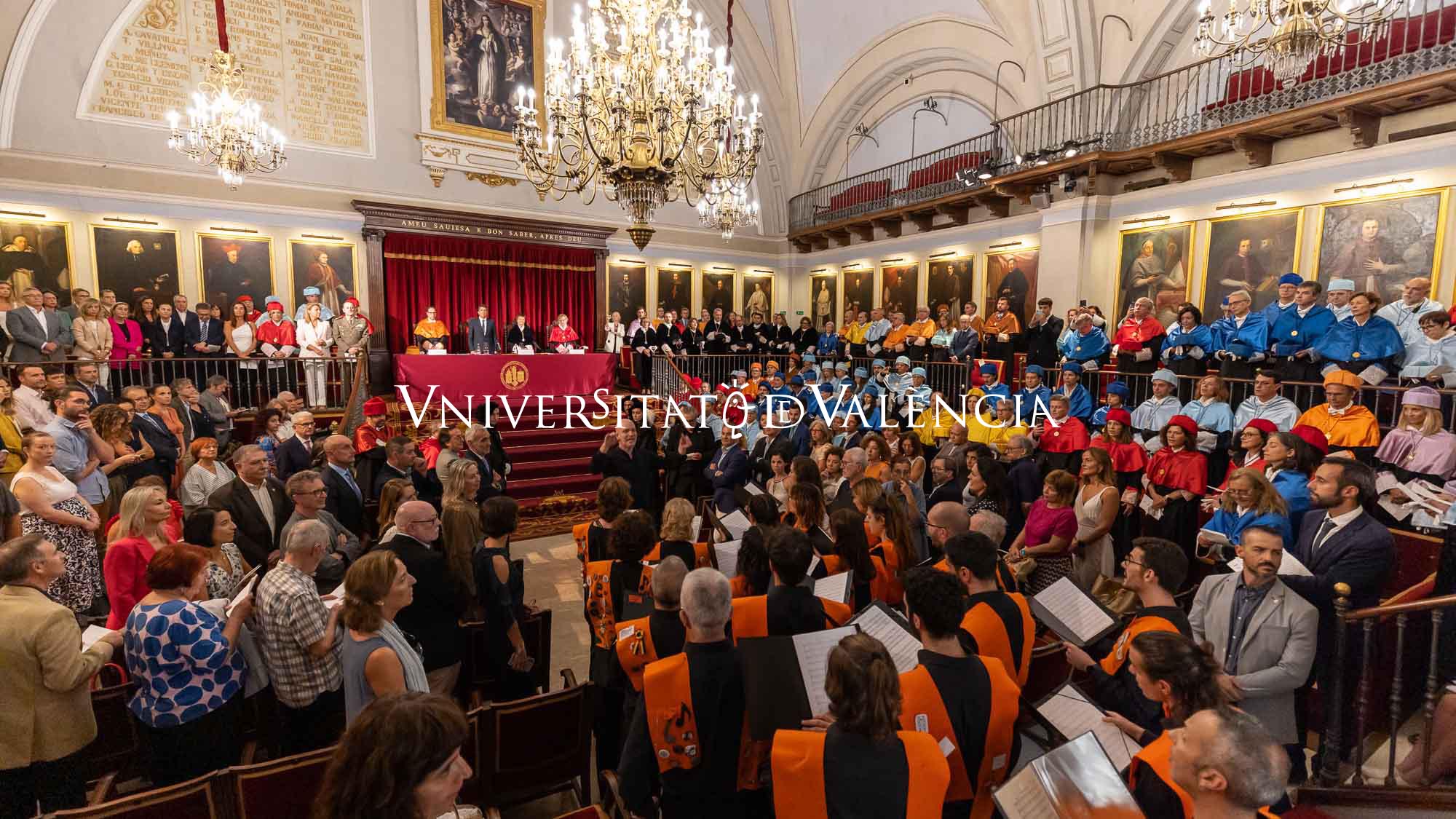Degree in History of Art
- Students must have acquired knowledge and understanding in a specific field of study, on the basis of general secondary education and at a level that includes mainly knowledge drawn from advanced textbooks, but also some cutting-edge knowledge in their field of study.
- Students must be able to apply their knowledge to their work or vocation in a professional manner and have acquired the competences required for the preparation and defence of arguments and for problem solving in their field of study.
- Students must have the ability to gather and interpret relevant data (usually in their field of study) to make judgements that take relevant social, scientific or ethical issues into consideration.
- Students must be able to communicate information, ideas, problems and solutions to both expert and lay audiences.
- Students must have developed the learning skills needed to undertake further study with a high degree of autonomy.
- Be able to analyse and synthesise information from the various contents of art history and to apply it to professional practice.
- Be able to apply the basic knowledge acquired by means of applying critical reasoning to the analysis and assessment of alternatives.
- Be able to apply basic knowledge to future professional situations through appropriate organisation and planning of the contents of art history.
- Be able to present management and dissemination projects in all fields of art history, both orally and in writing.
- Be able to gather and interpret relevant data and to reflect and make judgments on different aspects of artistic production.
- Be able to convey information, both orally and in writing, to both specialised and non-specialised audiences.
- Be able to solve the problems that may arise in professional practice as an art historian or heritage manager.
- Develop a commitment to democratic values and the culture of peace within the framework of artistic activities.
- Show commitment to fundamental rights as regards equal opportunities for men and women.
- Conceive activities that facilitate the integration of people with disabilities.
- Recognise diversity and multiculturalism from the knowledge of other cultures.
- Be able to work in teams and to integrate into multidisciplinary teams with professionals from other areas of knowledge.
- Be able to communicate orally and in writing in one's own language and in at least one foreign language.
- Be able to apply computer tools and use networks to make national and international contacts.
- Make direct contact with artistic works through visits to historical monuments, museums and exhibitions that show this type of work to the public.
- Be able to read the environment from the analysis, observation and deduction of information from artistic works produced throughout history.
- Be able to design an integral project for the management of artistic property, from its knowledge to its social exploitation.
- Develop the learning skills needed to undertake further postgraduate or doctoral studies with a high degree of autonomy.
- Develop skills for independent learning and for interpersonal relations.
- Have critical knowledge of the space-time coordinates of art history.
- Have a general diachronic view of the history of universal art.
- Be acquainted with ancient art.
- Be acquainted with modern art.
- Be acquainted with contemporary art.
- Be acquainted with Valencian art.
- Be acquainted with cinema and other audiovisual media.
- Be acquainted with historical-artistic heritage.
- Be acquainted with museology and museography.
- Know other historical disciplines in the field of humanities and music.
- Know the different methodologies of art history and its historical contingency.
- Have systematic and integrated knowledge of the artistic product, through the analysis of the different languages, procedures and techniques of artistic production throughout history.
- Know and manage the main literary and documentary sources of art history for producing research works.
- Have an updated knowledge of bibliography and ability to analyse it critically, and be able to make a synthesis from a critical stand.
- Have basic knowledge of iconography and other methods of image analysis.
- Be able to apply a scientific methodology to any type of action and decision in relation to art history.
- Know how to write reviews from the information contained in the documentation related to artistic works.
- Ba able to apply the different methodologies to the comprehensive analysis of the work of art.
- Be able to use the knowledge acquired to formulate hypotheses, make summaries and draw orderly conclusions.
- Be able to apply the basic knowledge of museology and museography for the management of museum institutions.
- Be able to apply knowledge on documentation, composition of materials and construction techniques for the study and management of movable and immovable artistic assets.
- Be able to apply knowledge in the management of collections to prepare inventories, documentation, catalogues, exhibitions and activities for the dissemination of art.
- Be able to apply knowledge on the art market in activities related to antiquarianism, galleries, valuation and patronage.
- Be able to apply instrumental knowledge applied to art history to interpret and manage graphics, photographs, moving images, computer resources and artwork materials.
- Be able to apply interdisciplinary knowledge of the humanities and music to artistic research.
- Be able to apply comprehensive knowledge of modern languages, focusing on technical vocabulary.
- Show motivation for quality through a personal ethical commitment to the professional environment.
- Be acquainted with medieval art.
- Be able to assess artistic production under the perspective of sustainability, forging values and attitudes that contribute to the sustainable development of the environment.
- Students must have the ability to gather and interpret relevant data (usually in their field of study) to make judgements that take relevant social, scientific or ethical issues into consideration.
- Saber aplicar los conocimientos adquiridos en materia de patrimonio a las problemáticas actuales en la conservación y gestión del patrimonio histórico-artístico y cultural.
- Students must have developed the learning skills needed to undertake further study with a high degree of autonomy.


















